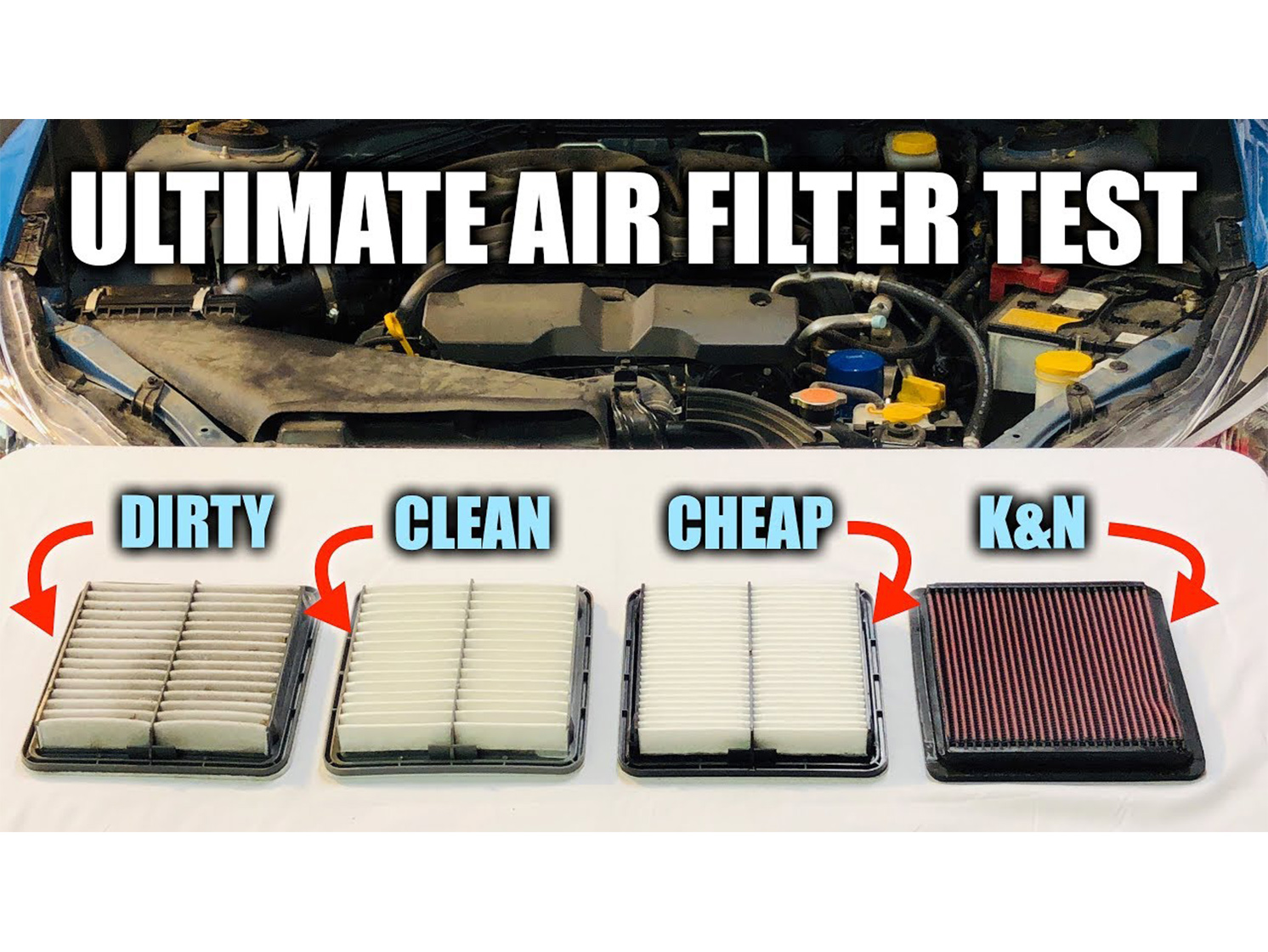Media | Articles
Is that performance air filter actually helping your car?
The automotive aftermarket is flush with products promising to improve the performance of your car. Since swapping air filters is easy enough for any do-it-yourselfer, there are dozens of aftermarket air filters out there that claim you’ll see big improvements. But do they really work? YouTube’s Engineering Explained decided to put them to the test.
Jason from EE took a two-part scientific approach to testing the claims, using a dynamometer and real-world acceleration tests on his Subaru. To ensure accurate results, Jason only changed the air filter and performed all testing at the same time. Jason analyzed four filters—a dirty stock filter; a new, clean stock filter; a budget-brand new replacement filter; and a high-performance K&N filter.
How did the results shakeout? On the dyno, progressing from the dirty factory filter to the clean factory filter, to the cheap performance filter, and finally to the K&N filter produced a small bump in power at each step. Real-world acceleration results confirmed those output increases; the fastest second gear-acceleration time was with the K&N installed.
Tune into the 13-minute video to get all the nerdy numbers and details, it was certainly worth the watch. One item that Jason barely touches on, but is worth a second mention, is that any performance gain from as a result of higher airflow could also mean the filter is less effective at trapping particles—meaning more engine wear. A test for another day.
Marketplace
Buy and sell classics with confidence










